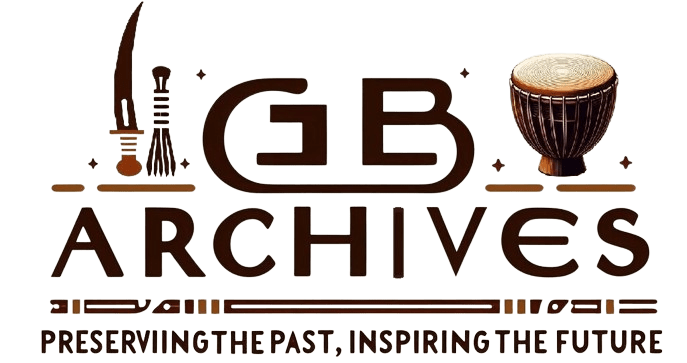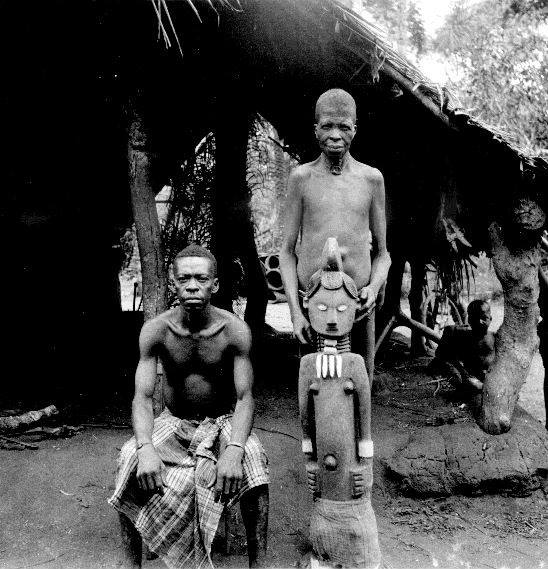
This 1921 photograph from G.T. Basden’s “Among the Ibos of Nigeria” presents an Igbo dibia in action, surrounded by his tools. The dibia, a respected figure in Igbo society, is known for his extensive knowledge of herbal medicine and his role as a spiritual intermediary between the physical and spirit worlds.
The Dibia’s Enduring Legacy
The dibia, often misunderstood and misrepresented, holds a vital place in the cultural and spiritual fabric of the Igbo people. These healers are more than herbalists; they are spiritual guides, diviners, and custodians of ancient wisdom passed down through generations. The dibia’s multifaceted role includes healing physical ailments, providing spiritual guidance, and maintaining social and spiritual harmony within the community.
Historical Context and Misconceptions
For centuries, dibia have been essential to Igbo society, providing medical and spiritual services. Their deep knowledge of plants and herbs allowed them to treat a wide range of illnesses long before modern medicine arrived. Additionally, dibia act as intermediaries between the physical and spiritual realms, performing rituals and divination to connect with the spirit world and appease deities.
Modern portrayals, particularly in Nollywood films, often depict dibia negatively, associating them with dark magic and sorcery. This inaccurate representation distorts the true nature of the dibia’s work and their positive contributions to the community. It’s crucial to understand that the dibia’s primary function is to heal and guide, not to harm.
The Diverse Roles of the Dibia
The dibia’s expertise varies, and they can be categorized based on their specific skills:
- Dibia Afa (Diviners): Specialists in divination, they interpret signs and symbols, to provide insights into personal and communal matters, offering counsel and remedies.
- Dibia Ogwu (Herbalists): Proficient in the medicinal properties of plants, these healers treat physical conditions, mend fractures, and craft protective amulets and antidotes for toxins.
- Dibia Aja (Ritual Specialists): They conduct rituals and sacrifices to appease the deities and ancestral spirits, ensuring the spiritual equilibrium and well-being of the community.
Tools and Symbols of the Dibia
The tools of a dibia are not just practical instruments; they hold significant spiritual and cultural meaning. Here are some essential items a dibia might carry:
- Oji (Kola Nut): Central to rituals and divination, the breaking of kola nuts signifies hospitality and communion with the spirit world.
- Nzu (White Chalk): Employed to draw sacred symbols on the body or objects, used in protection and purification rituals.
- Afa Divination Instruments: Implements such as cowrie shells and seeds are utilized by Dibia Afa for spiritual communication.
- Herbs and Plants: Dibia Ogwu harness a wide variety of medicinal herbs sourced from the forest, prepared using traditional methods to heal various ailments.
- Ofọ: A sacred staff that symbolizes truth, authority, and ancestral connection, often wielded by the dibia during significant rituals.
Dibia and Modern Medicine
Despite the advancements in modern medicine, many Igbo people still consult dibia for health and spiritual concerns. The integration of traditional and modern practices highlights the enduring relevance and effectiveness of the dibia’s knowledge. Their holistic approach to health, encompassing mental, spiritual, and physical well-being, is increasingly recognized as valuable even in contemporary times. This integration can create a more comprehensive healthcare system that addresses the multifaceted needs of the community.
Cultural Significance and Revitalization
The role of the dibia in Igbo culture is invaluable, but it is at risk of being overshadowed by modern medical practices and cultural erosion. Here are some strategies to revitalize and preserve this crucial aspect of Igbo heritage:
Educational Programs
Integrating traditional Igbo medicine and spirituality into educational curricula can foster a deeper understanding and respect for these practices. Schools and universities can offer courses on Igbo traditional medicine, spirituality, and culture.
Community Workshops and Seminars
Organizing community workshops and seminars led by experienced dibia can help educate the younger generation and the broader community about the importance of traditional practices. These events can include practical demonstrations, storytelling, and interactive sessions.
Documentation and Digital Archiving
Creating comprehensive documentation and digital archives of dibia knowledge, tools, and practices is crucial. This can involve recording oral histories, photographing and cataloging tools, and compiling written descriptions and explanations. Digital platforms and social media can be used to disseminate this information widely.
Support from Cultural Organizations
Cultural organizations and NGOs can play a pivotal role in preserving Igbo traditional practices. Providing funding for research, supporting apprenticeships, and advocating for the recognition of dibia practices at national and international levels can ensure these traditions are maintained.
Collaboration with Modern Medical Practitioners
Encouraging collaboration between traditional dibia and modern medical practitioners can lead to a more holistic healthcare approach. This can involve cross-disciplinary research, joint health initiatives, and the integration of effective traditional remedies into modern medical practices.
Cultural Festivals and Exhibitions
Hosting cultural festivals and exhibitions that celebrate and showcase Igbo traditional medicine and spirituality can raise awareness and appreciation among both the Igbo community and the wider public. These events can feature displays of dibia tools, demonstrations of rituals, and performances of traditional music and dance.
A Future for the Dibia?
The Igbo dibia are more than just healers; they are cultural icons who embody the wisdom and traditions of their people. By recognizing their multifaceted roles and preserving their knowledge, we ensure a richer understanding of Igbo culture and its enduring legacy. The future of the dibia may lie in finding ways to integrate their practices with modern medicine. Collaborative research efforts that explore the effectiveness of traditional Igbo medicine alongside modern medical practices can lead to a more comprehensive healthcare system that serves the community’s needs.
Join the Conversation
We encourage you to share your thoughts! Here are some questions to get the conversation started in the comments below:
- Have you had any experiences consulting with a dibia?
- How can we best support the preservation of Igbo traditional medicine and spiritual practices?
- Do you see a role for dibia in the future of healthcare within Igbo communities?
References
- G.T. Basden, Among the Ibos of Nigeria. See our review below
- Solomon Joe, The Dibia. See our review below
- Oma’s Garden: “Different Types of Dibia in the 21st Century (and Their Functions)”
- Igbotic: “Dibia is Not Native Doctor: The Roles of Dibia in Igbo Land”
Discover more from Igbo Archives
Subscribe to get the latest posts sent to your email.


